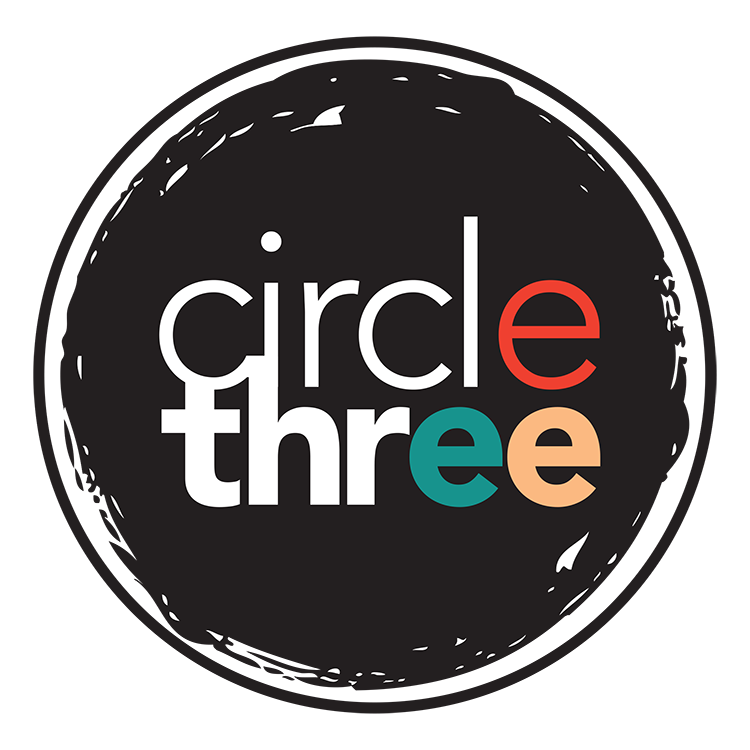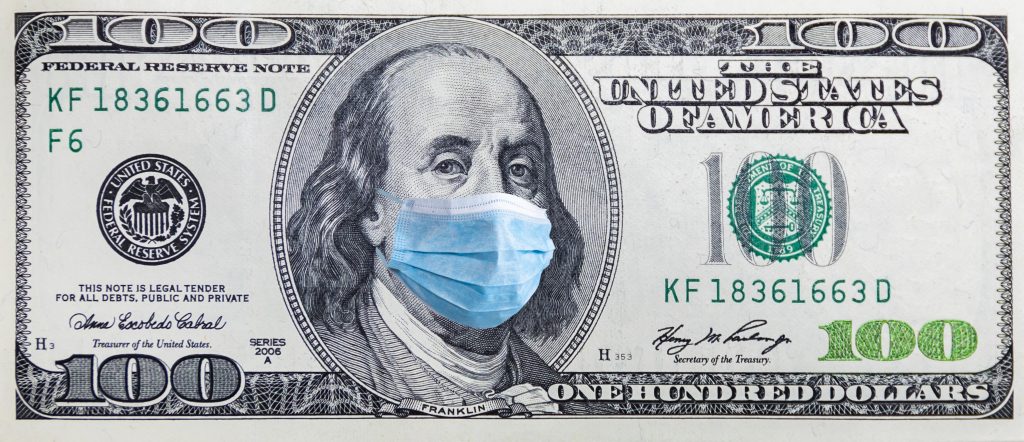COVID-19, or “coronavirus” as it has come to be known colloquially, has been dominating the news cycles as the latest pandemic to threaten health and business in the United States and our global neighbors. It’s left many businesses uncertain about hosting events and the most effective way to cut through the chaos and deliver effective communication to their customers – with large amounts of money at risk.
What if I need to cancel my event due to coronavirus?
How do I keep my employees productive but safe during a health crisis?
What if Corporate issues a travel ban for us?
How can I protect my brand’s reputation if we do a last-minute cancellation?
What if our customers won’t let outside vendors in the building?
While we may not know how long this will last and the impact it will have on business, there are some things you can do to protect your team, your customers, and your brand.
Event Cancellation: The Big Decision
First (and always), refer to guidelines set forth by the WHO, CDC, and your local government and hospitals. Ensure that you are getting your news from reputable medical professionals and that their advice is the latest word in safety precautions and actual risk. If you are traveling, make sure to check with the local safety standards in the city you are visiting.
Next, check with airlines, resorts, convention centers, and other entities involved in travel and event hosting. Even if their local government has not mandated a temporary stay on events or travel, you may find that those businesses have made the choice to err on the side of caution. You may also find that even if the event is planning to remain on the calendar that certain airlines have opted to not service the city where the event is located.
Consult with your company’s legal and human resources team. Whether you are hosting events or just attending events or visiting customers, your company needs to determine its appetite for risk and employee and customer safety. You will want to explore what your options are and make an informed decision influenced both by CDC regulations and company policy.
This is also a good time to get your marketer involved because what you decide with the legal and human resources teams will influence your events planning and office safety. This is your opportunity to build your messaging around brand values. Humanize the experience. Many cancellations have the dull “Due to CDC recommendations we regret to inform you that we are cancelling…” language. Change it up and show some emotion. “We know some of you care for elderly parents and it seems that while many healthy people can weather this virus with limited complications, it can have deadly consequences for the elderly and immunocompromised. We are a family brand, so we have decided to cancel this event to keep you and your family safe…”
Cancelling with Grace
Do it now. Cancel as soon as you get a hint that you need to cancel. You may have hundreds or thousands of people waiting for this information and the longer you wait, the closer it is to cut-off dates for rearranging or cancelling flights and hotels and arranging childcare in your employees absence if their local schools have closed. The longer you wait, the more money you and your guests stand to lose. If you are on the fence still, plan to stay in touch with guests and staff often and be transparent. One upcoming conference sent out an email blast every couple of days letting guests know that they were still planning to host their conference. When they finally cancelled, they sent out a news blast explaining the rationale and next steps. For other conferences and big events, guests are still waiting to hear. This can be stressful for them and travel planners. Try to avoid being the cause of more stress by being transparent and communicative.
In your message about canceling your event, include the next steps. Another conference did a wonderful job of telling guests what happens now: they rescheduled the event for next year, indicated that the speakers, special events, and theme would remain the same, and cancelled hotel reservations for everyone staying in the group block at the event resort. They also included a reminder to cancel your flights and ground transportation and told you when to expect to hear from them next on the 2021 event and how to follow up with them for clarification and questions.
If you have had the misfortune of needing to change travel plans, you’ve found that airlines and online travel shopping companies have hours-long call center and chat wait times. With an unprecedented call volume, many of these companies have been unable to scale up their customer service department to meet this demand. We can learn from this. Provide as many opportunities for communication on as many different platforms as you can and draft employees from other departments to answer messages and calls. Ask your marketer to provide a tip sheet for your customer service department on your brand’s response to the most frequently asked questions so that your employees from other departments can quickly get up to speed on customer service calls. It’s temporary but providing these venues to safely ask questions and the staff to answer them will put your brand miles ahead of the competition.
Opportunity on the Horizon
 If your event has been cancelled, this means your schedule just opened and, more importantly, your guests’ schedules are suddenly clear. This is valuable information. Can you host your event virtually and get all your conference speakers and guests to do a live webinar? Can you do a lunch & learn video conference session with potential customers? What about doing a scheduled “go live” on your social media platforms? This is your chance to demonstrate that your business is agile and can deliver an elegant solution to your customers’ needs no matter the issue. The brands that can safely navigate a pandemic will sail to the top of mind when your customers are making decisions about who to trust going forward.
If your event has been cancelled, this means your schedule just opened and, more importantly, your guests’ schedules are suddenly clear. This is valuable information. Can you host your event virtually and get all your conference speakers and guests to do a live webinar? Can you do a lunch & learn video conference session with potential customers? What about doing a scheduled “go live” on your social media platforms? This is your chance to demonstrate that your business is agile and can deliver an elegant solution to your customers’ needs no matter the issue. The brands that can safely navigate a pandemic will sail to the top of mind when your customers are making decisions about who to trust going forward.
What about sales representatives who rely on personally visiting their customers? Some companies are enacting bans on visits from vendors and you may also be considering “grounding” your traveling representatives to protect them from encountering the virus. You most likely don’t have the luxury of closing business for several months, so creative solutions must be employed to keep your people safe and keep the lights on. There are two points to consider here: the technological ability of your team and that of your customers. You might be ready to do business via video chat, but your customers may not have that technology. Outline what you need to do to keep business running smoothly – like the ability to screenshare with customers or to see the piece of equipment that needs repair work – and list how you can accomplish these tasks from your home office with a few scenarios: a fully tech-savvy customer, one that needs a little IT assistance to get going, and one that still uses a flip phone. What can your company do to support them? Can you provide free video conferencing with easy instructions to the ones that need a little help? Can you send a headset, web cam, and installation and use instructions to those who need it most? The solution will vary for each business and line of work, but the important thing is to view this as an investment in showing the lengths you will go to ensuring your customers are satisfied and safe during these uncertain times.
Be sure to also provide for your employees who need to work from home due to CDC recommendations for self-quarantines or school closures and lack of access to childcare. The same considerations and grace you would show your customers should be granted to your team. Technology and communication work wonders for ensuring productivity and accountability no matter the location and a “people first” attitude for both employees and customers will only help your brand grow.
Ask for Help
 Does this feel like a lot? Ask for help. If you don’t have an in-house marketer, contact an agency or consultant you trust. If you need to cancel your event due to COVID-19, ask for guidance with that so you don’t miss any important details and your customers feel taken care of even with the big day being canceled. Ask for recommendations for ways to allow employees to work from home and ways to keep in touch with customers. Ask for ways to generate new and relevant content so your customers feel informed and educated as we navigate through this unusual situation.
Does this feel like a lot? Ask for help. If you don’t have an in-house marketer, contact an agency or consultant you trust. If you need to cancel your event due to COVID-19, ask for guidance with that so you don’t miss any important details and your customers feel taken care of even with the big day being canceled. Ask for recommendations for ways to allow employees to work from home and ways to keep in touch with customers. Ask for ways to generate new and relevant content so your customers feel informed and educated as we navigate through this unusual situation.
If you know what you need to do next, start lining up resources to accomplish your virtual conference week or getting technology into the hands of your customers. The right solution can be as close as a click away.
Jessica Shrout is the owner of Circle Three Branding, a marketing agency devoted to the waste Industry that can help with reputation management, event hosting (and graceful cancellations), and creative strategies to stay productive and healthy. For more information, visit CircleThreeBranding.com or email her here.

